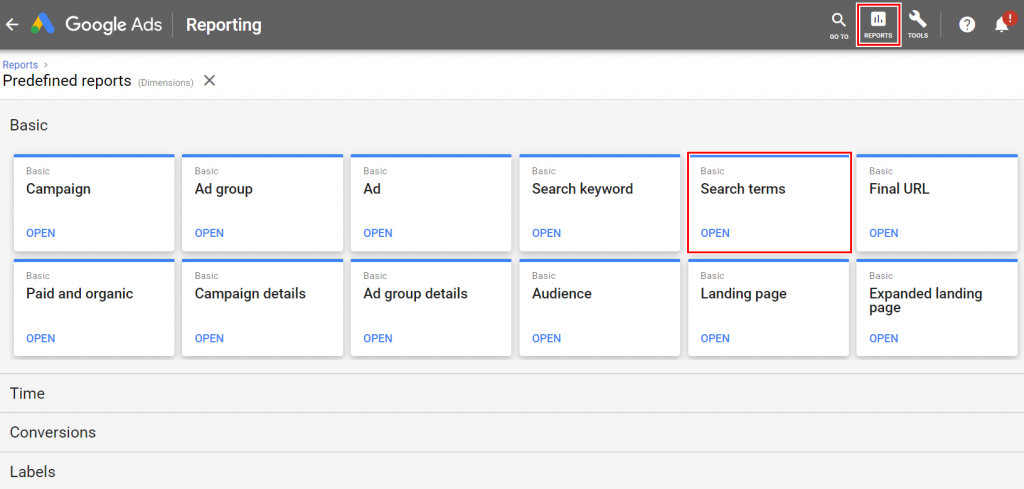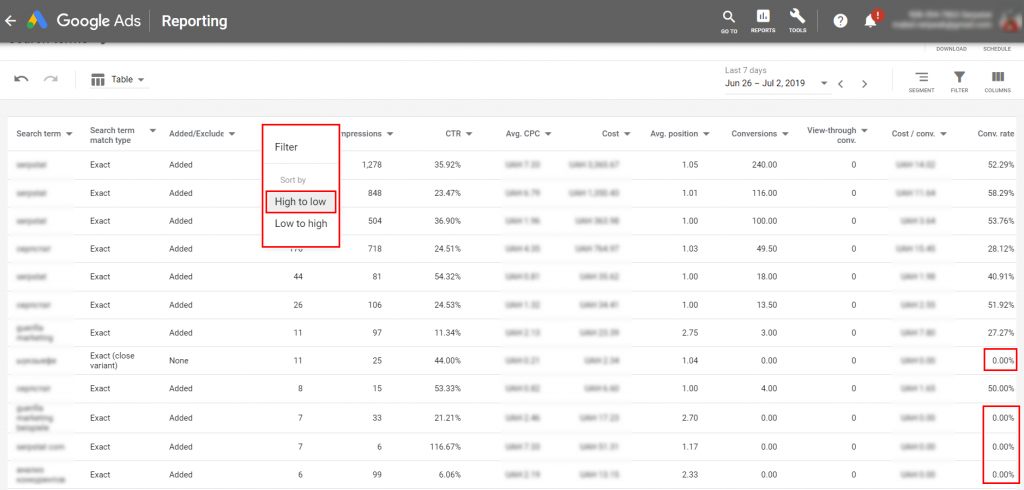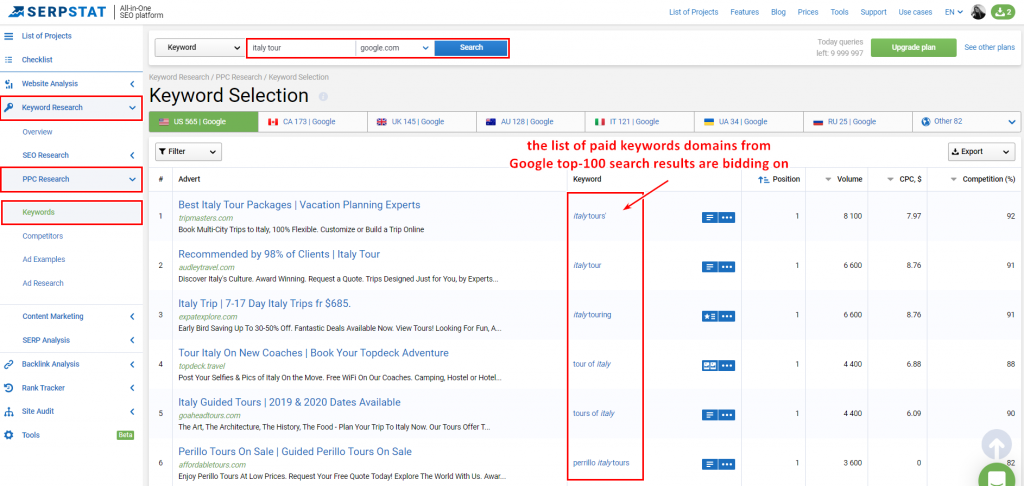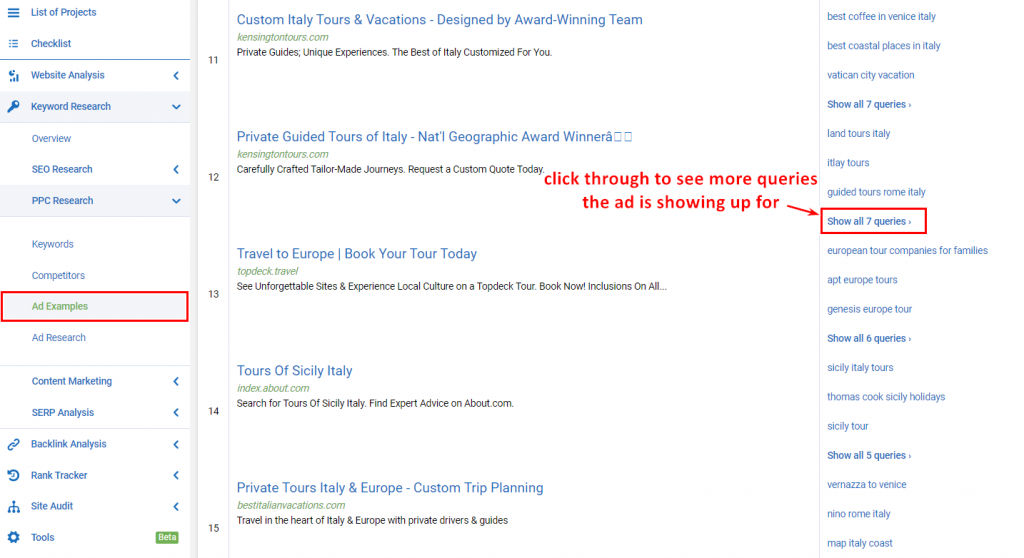It’s no surprise that PPC campaigns are great for driving quick results. However, it’s not the only way paid campaigns can bring profit to digital marketers. Integrating your PPC data in your SEO strategy will help you improve your overall performance.
Your SEO strategy should be flexible to trends, algorithms, and user behavior. While it takes much time to evaluate SEO results, the PPC data allows you to predict what works and what doesn’t work. Using this information for SEO, you’ll boost your search rankings significantly. In this article, I’ll tell you how to analyze your paid campaigns to determine which keywords resulted in the most significant number of conversions and focus on these phrases to improve your SEO.
The differences between SEO and PPC keywords
Pay-per-click advertising is an easily controlled digital marketing channel that provides an opportunity to target specific audiences, countries, and the time you want your ads to show up. Due to this fact, you can use PPC reports to get useful data for improving your keyword list.
These are the major differences between collecting keywords for SEO and PPC:
- The main aim of the PPC campaign is to drive conversions. That’s why the keywords used for paid ads have high commercial intent.
- The landing page of each ad should be highly relevant to the query. Otherwise, the ads will be marked as low-quality ones, and the search engines will display them less frequently.
- You can configure your PPC campaign in the way to avoid non-target visits, for example, you can select negative keywords, exclude irrelevant audiences, and more.
- You should mind that Google Keyword Planner usually provides you with high-cost and competition keywords. It rarely suggests users high-volume but low-priced phrases.
How PPC helps your SEO
There are four major reasons you should make your PPC campaigns work together with SEO efforts:
- Analyzing your PPC campaigns, you can identify which keywords result in conversions the most. This step will let you focus on the web pages that generate the highest revenue.
- Paid advertising is the best way to attract your target audience. The fact people click through the highly relevant ad and find what they’re looking for on your website result in better user behavior metrics. As these visits will result in lower bounce rates and longer session durations, they’ll serve as positive signals for search robots. That’s why paid targeted traffic often has a positive impact on organic search rankings.
- If your website is showing up both in paid and organic searches, the chances a user will click through one of the results increase. Moreover, most of the search results provide lots of special elements, including ads, featured snippets, “People also ask” box and others. If all of these elements are displayed on one page, it’s not likely someone will scroll down to your page ranking the third in organic search.
- Some brands bid on their competitors’ branded keywords. In the result, the official website is shifting in search results. If you don’t want to lose your prospects to competition, it’s worth bidding on your branded keywords as well.
Improve your SEO keyword list analyzing your PPC campaigns
Step one: Use high-CTR keywords for SEO
In your Google Adwords reports, you can find lots of useful data for organic search optimization. First of all, it may happen that you are spending large sums on PPC to get little conversions. It usually happens when you select high CPC keywords that are searched for by people who aren’t ready to convert (have you ever heard about a sales funnel?). Instead, you could optimize your top-of-funnel content for these high-cost keywords and eventually lead the prospects to conversions.
To identify these keywords, go to “Reports” > “Search terms”

You’ll see the list of search terms that people have used, and the ones that resulted in your ad being shown and clicked. To collect keywords that result in the highest click-through rates, under “Clicks”, select “High to Low”. The list will automatically portray keywords sorted by the number of clicks.

Now let’s look at the conversion rate of the terms that drive a number of clicks. If the clicks drive no results, it means people using these specific search terms aren’t ready to buy. But if you optimize your blog posts for these keywords, your visitors might come back soon to convert.
Step two: Analyze your competitors’ PPC campaigns
To enlarge your SEO keyword list, you can also analyze your competitors’ ads and keywords they are bidding on. Content creation isn’t only about driving traffic to your website. To be worth something to your business, your website content should attract actual leads that are likely to convert. That’s why it’s important to check the keywords your competitors’ ads are showing up for. If a competitor is spending large sums to appear in Google for a keyword, it’s definitely worth your consideration.
At this stage, you’ll need one of the all-in-one SEO tools, such as Ahrefs, Serpstat, or Moz. To illustrate the process, I’ll go with Serpstat.
There are two reports you can use for this purpose:
1. Keywords report
In the “Keyword Research > PPC Research > Keywords” section, enter your target keyword, select your country, and click on “Search”. In the report, you’ll see the list of similar keywords your top-100 competitors are bidding on along with ads showing up for these keywords. Collect the most relevant ones and add them to your SEO keyword list.

2. Ad examples report
Clicking through the “Ad examples” section, you’ll also see the keywords used in your competitors’ paid campaigns, but this time they are grouped under the specific ads. It allows you to get ready-to-use clusters of keywords relevant to different landing pages.

Keep tracking
Analyzing your PPC results to improve your SEO performance is an unconventional but very effective method. Make your PPC and SEO work together for your brand promotion and you’ll not only witness higher conversions but also get more statistical data to outrank your competitors.
The post How to use PPC data to drive more SEO traffic appeared first on Search Engine Watch.
from Search Engine Watch https://ift.tt/33Bksx9

No comments:
Post a Comment